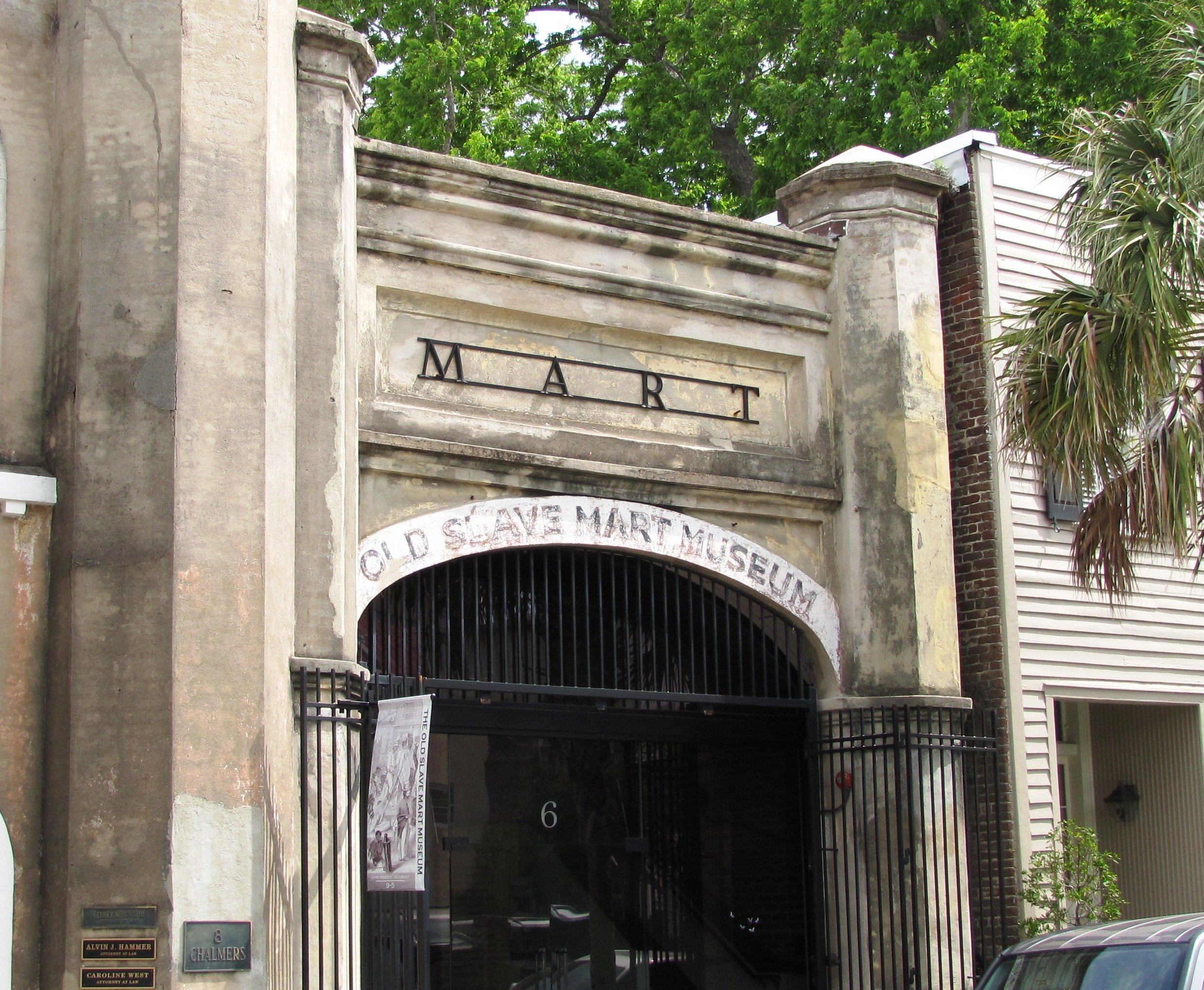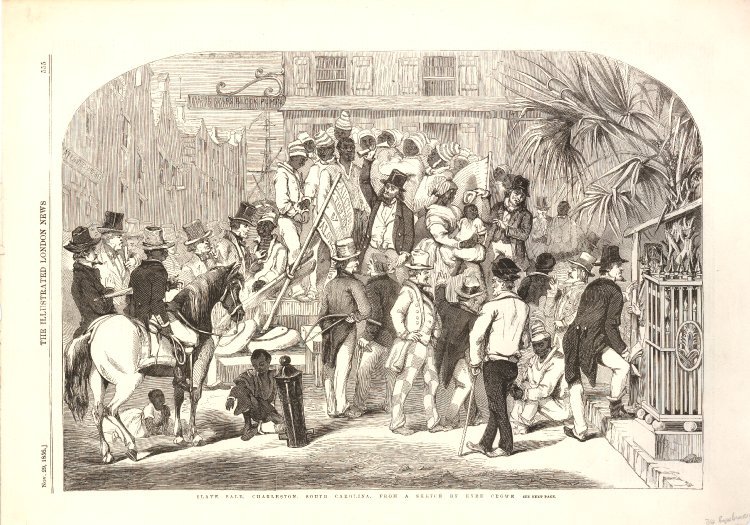Remembrance Culture
Exploring Slavery’s Legacy For Contemporary U.S. Politics
Research Leads: Susanne Schwarz & Syon Bhanot


In this project, we seek to understand the political dynamics of remembrance culture in America. In particular, we are interested in understanding how competing historical narratives of the Civil War and slavery as an institution shape individuals’ political views.
To that end, we plan to conduct a field experiment with tourists in Charleston, South Carolina. Once considered the “Cradle of the Confederacy,” antebellum Charleston was home to some of the biggest slave auction houses in the South. At the same time, Charleston became the site of some of the biggest “freedom parades” held across the South after Emancipation. To this date, Charleston’s public history remains bifurcated as visitors wander past Confederate mansions and memorials on the one hand and sites that commemorate the atrocities of slavery as an institution on the other.
To better understand how these competing historical frames impact individuals’ recollection of historical events and their current-day political views, we plan to incentivize Charleston tourists to seek out different historical sites—some highlighting Confederate heritage, others documenting the history of slavery. After their visit, tourists will be asked to answer a quick survey, reflecting on their experience and assessing their support for various commemorative policies today (e.g. Confederate memorial removal or reparation payments).

